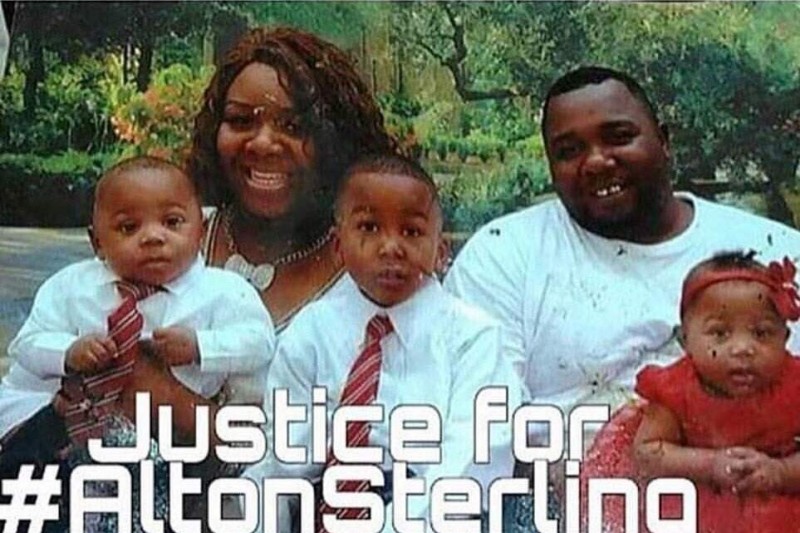 |
| Read: where God happens |
When we serve others by worshiping together in their heart music, we open ourselves up to new things that God may be trying to say in our own lives. Indeed, we may realize that God is speaking to us through a worship style we have been trying to avoid!
Each culture’s music can help us access different aspects of God’s character. Some styles help us understand the holiness of God, and teach us to how to revere God as King. Other genres help make God accessible, and show us that God is our friend. Still others focus on God as a provider, someone who we can rely on and trust.
Josh Davis, founder of Proskuneo Ministries, suggests that “one language or one style is not sufficient to describe the glory of God. There’s no way that one style could adequately capture his beauty, his majesty, his holiness, his transcendence.” Intentionally incorporating many genres into our worship helps us to connect with God across many aspects of who God is.
Scripture tells us that someday every tribe, every tongue, and every nation will stand before the throne praising the name of the Lord (Revelation 7:9). In that vision, we see that God is most glorified when we offer our praise together as a unified and diverse body of believers. We sing in many genres and languages because we are part of the global church and desire to live out heaven here on earth.
First Steps Toward Multicultural Worship
In beginning a journey toward multicultural worship, we must first examine the aspects of our own worship that are indicative of a particular culture. What theological themes are emphasized? How much of the music is contemplative? How much is offered in praise and jubilation? What instruments are used, and how does the congregation follow along? Once we have identified our own cultural norms, we can begin to integrate those aspects of worship that may be missing from our environment.
Begin to learn about the cultures already around you, in your church and in the broader community. Explore the creative outputs of other groups, sitting at the feet of those who are willing to teach you. Listen to worship music in different styles (even better, host a listening party together with worshipers from neighboring churches). Build honest relationships with folks from other cultures that will allow for reciprocal edification as you draw nearer to Christ together.
Taking careful steps to incorporate new music is essential to its being well received by congregations. It is important to communicate the mission of multicultural worship frequently and through multiple avenues. Guide worshipers by reading scripture, preaching, leading bible studies, and praying for the fulfillment of the multicultural vision of the church. It’s also important for church members to see the principles of multicultural worship modeled in the music leadership, and in the images used in bulletins or on display screens. Offer frequent invitations, forgiveness, and grace for those that are just starting their journey.
Reflection
As you embark on the journey ask yourself how multicultural worship shapes our understanding of local ministry, the broader community of believers, and of the secular world. How does monocultural worship shape the same? Identify some of the heart music represented at your church. Does it match the music being used during service? Identify what your own heart music is--that music that deeply connects you with God. Then, identify that music that you just can’t abide. Who would you be serving by learning to honor it?
Finally, allow yourself to meditate on the exciting aspects of multicultural worship, as well as those that may be causing intimidation or apprehension in your heart. How can we lean into the tension to better trust God with our insecurities, frustrations, and awkwardness? When we do, we will find that we are rewarded with a more intimate communion with God, and fuller relationship with His people on earth.
Check out these resources to help get you started:






